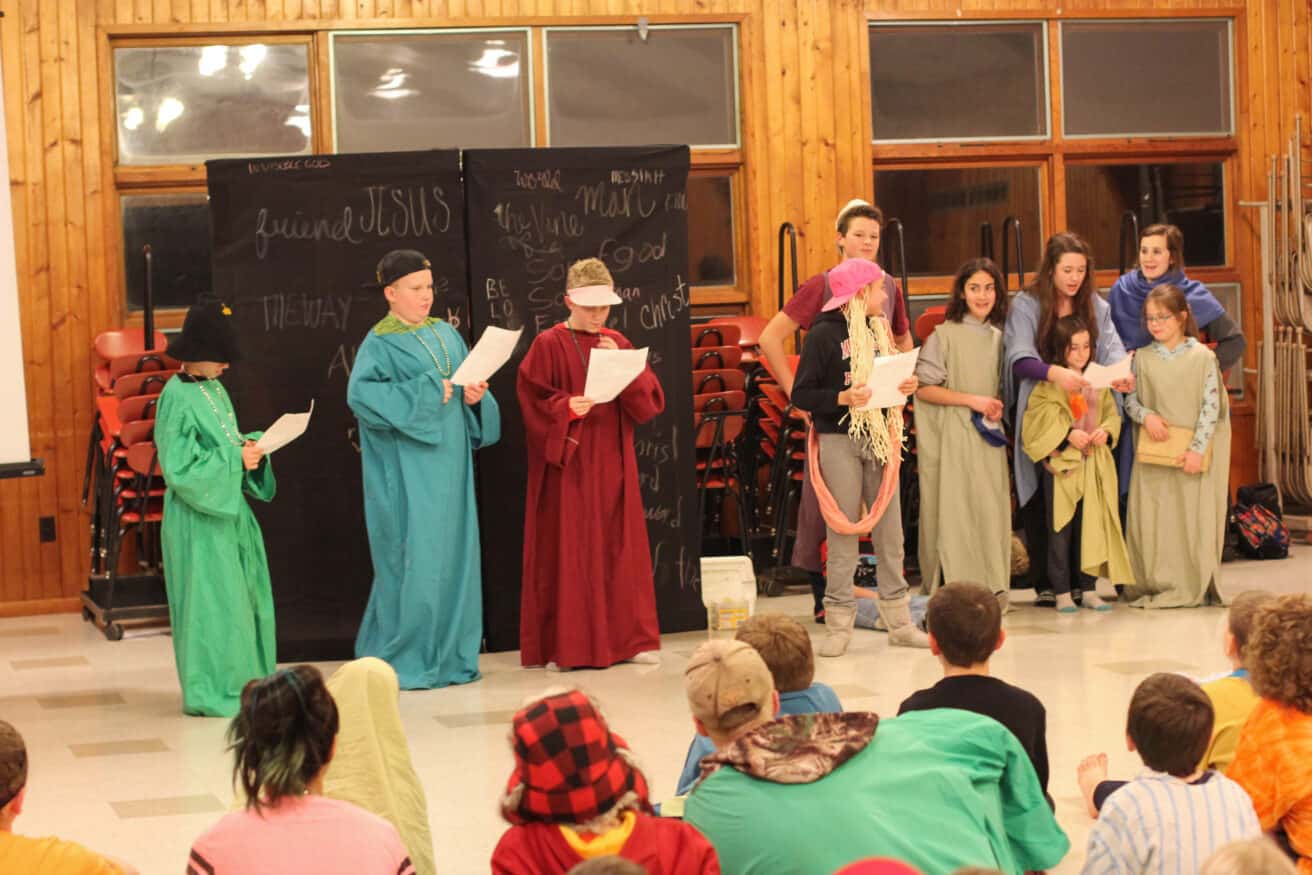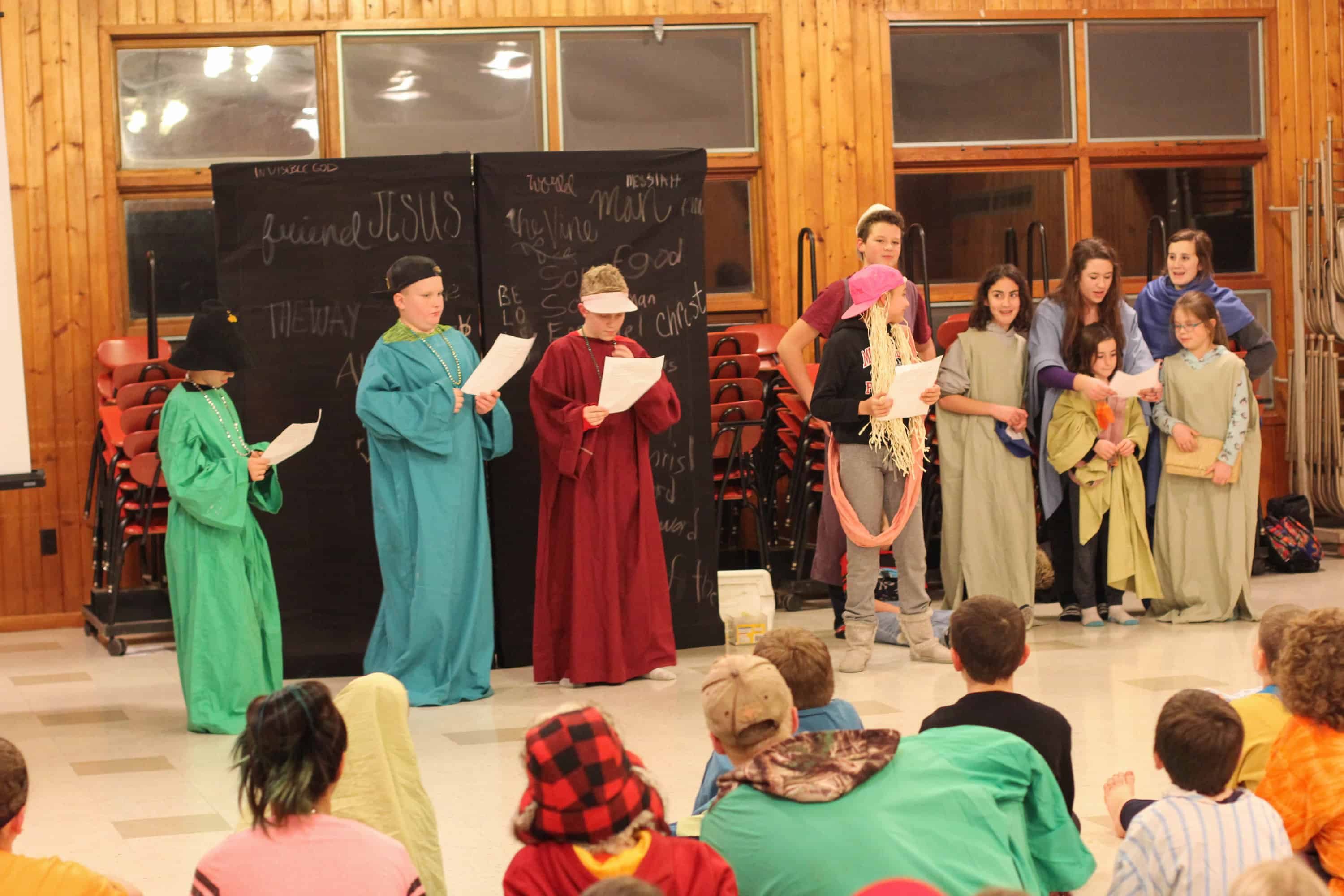The Way We Worship

This summer, our campers had the chance to explore the Church and why God chose to create this community of people. One of the chief purposes of the Church, we learned, was to worship God. Of course, worship can look very different to different people. Our older youth used Gary Thomas’s 9 Sacred Pathways to identify their own “worship temperaments.” They learned that each of us might have a particular style or type of worship that we are drawn to, but that doesn’t mean that we shouldn’t look to worship in other ways. Each temperament has value and teaches us about different aspects and traits of God.

Maybe you’d like to identify what your own worship temperaments are. We’d encourage you to buy Gary Thomas’s book “Sacred Pathways.” In the meantime, check out the descriptions below. Think on your own or discuss with friends and family. What are the aspects of your own church service that tie into these worship temperaments? Which temperaments do you feel drawn to? Are there worship styles you have never practiced or rarely practiced?
Check out the 9 Worship Styles listed below:
Naturalists: Naturalists like to experience God in nature. They are moved and feel close to God when they are out in God’s creation.
Sensates: Sensate Christians like to be filled with sights, sounds, and smells that overwhelm them during worship. They are drawn to things that are beautiful and show off the splendor of God.
Traditionalists: Traditionalists enjoy the historic dimensions of the faith: rituals, symbols, and sacraments. They like structure and tradition.
Activists: Activities like to focus on the justice of God. They define worship as standing up against evil and injustice.
Caregivers: Caregivers serve God by serving others. They like to care for the poor and needy.
Enthusiasts: Enthusiasts are inspired by joyful celebration. They are cheerleaders for God and the Christian life.
Contemplatives: These Christians seek to love God with the purest, deepest, and brightest love imaginable. They delight in focusing on the love of God.
Intellectuals: Intellectuals seek to study, learn concepts, and continually understand. They may feel closest to God when they first understand something new about God.
Ascetics: The ascetic temperament tends to gravitate toward solitude, simplicity, and deep commitment. They aren’t afraid of discipline, severity, or silence.

Camp is such a wonderful experience because we tend to get to experience all of these worship styles throughout our week. We sing together around the campfire. We study the Bible together. We dance and cheer. We walk the labyrinth in silent prayer and contemplation. We write letters to Christian missionaries to build them up, spend time singing praises under the stars, and draw murals about God’s love.

Each of the ways we worship can teach us about God, even as we declare the glory and wonder and holiness and beauty of God. Our challenge to you is this: find one new way to worship God this week that is out of the ordinary for you. Maybe it’s spending a little time each day writing in a journal and studying the Word of God. Maybe it’s dancing to a Christian rock song. Maybe it’s writing notes of encouragement to friends who are struggling. Maybe it’s fasting. Choose one new way to worship and see what new things about God you might learn.
